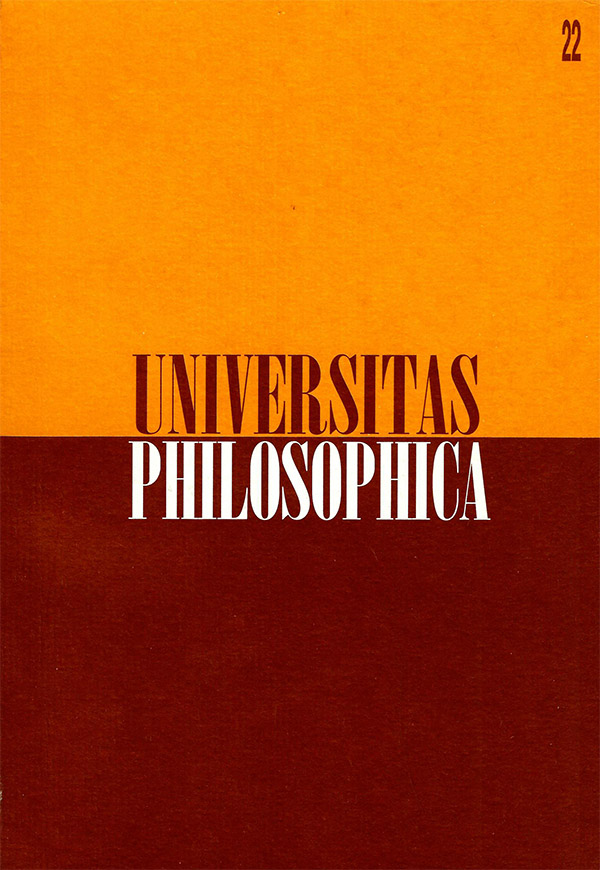Abstract
Teniendo como telón de fondo las ideas sobre la fundamentación moral de las actuaciones y las instituciones de la vida pública reflejadas en la obra de Richard Rorty, Contingencia, ironía y solidaridad, el presente texto retoma el enfrentamiento, planteado en El Mercader de Venecia de William Shakespeare, entre el principio de racionalidad puramente legal y el poder de los sentimientos de clemencia, piedad y generosidad como fundamentos de la acción moral pública. La autora, de acuerdo con Rorty, sostiene que los poetas, los dramaturgos y, en general, los artistas y creadores que tienen el poder de suscitar en la gente los sentimientos de solidaridad y la repulsa a todas las formas de la humillación y del dolor humanos, hacen mucho más a favor del surgimiento de instituciones democráticas liberales, que quienes se esfuerzan en construir discursos filosóficos o léxicos universales para la fundamentación moral de las acciones públicas. El texto de Shakespeare ofrece una muestra típica en ese campo.This journal is registered under a Creative Commons Attribution 4.0 International Public License. Thus, this work may be reproduced, distributed, and publicly shared in digital format, as long as the names of the authors and Pontificia Universidad Javeriana are acknowledged. Others are allowed to quote, adapt, transform, auto-archive, republish, and create based on this material, for any purpose (even commercial ones), provided the authorship is duly acknowledged, a link to the original work is provided, and it is specified if changes have been made. Pontificia Universidad Javeriana does not hold the rights of published works and the authors are solely responsible for the contents of their works; they keep the moral, intellectual, privacy, and publicity rights.
Approving the intervention of the work (review, copy-editing, translation, layout) and the following outreach, are granted through an use license and not through an assignment of rights. This means the journal and Pontificia Universidad Javeriana cannot be held responsible for any ethical malpractice by the authors. As a consequence of the protection granted by the use license, the journal is not required to publish recantations or modify information already published, unless the errata stems from the editorial management process. Publishing contents in this journal does not generate royalties for contributors.


